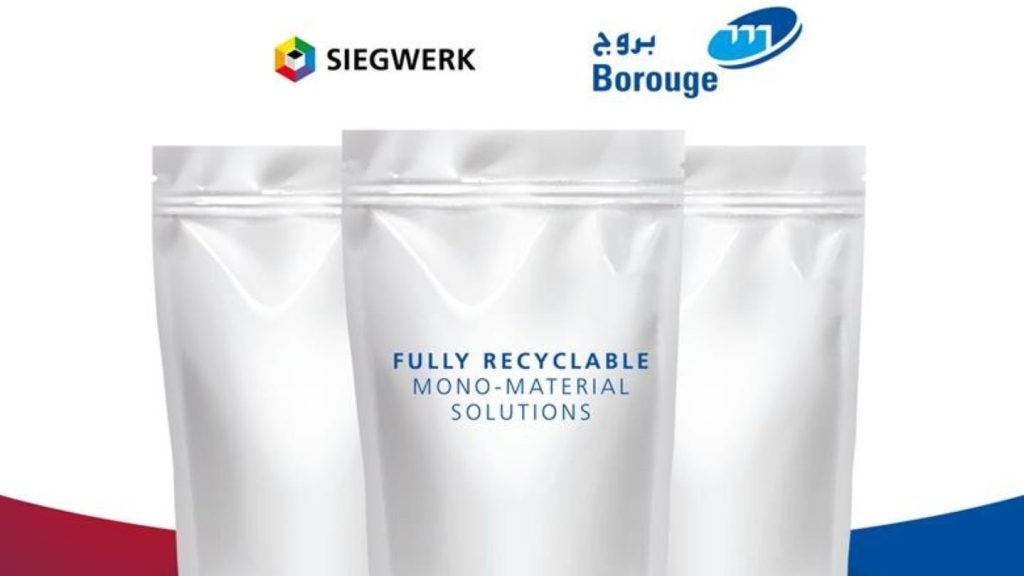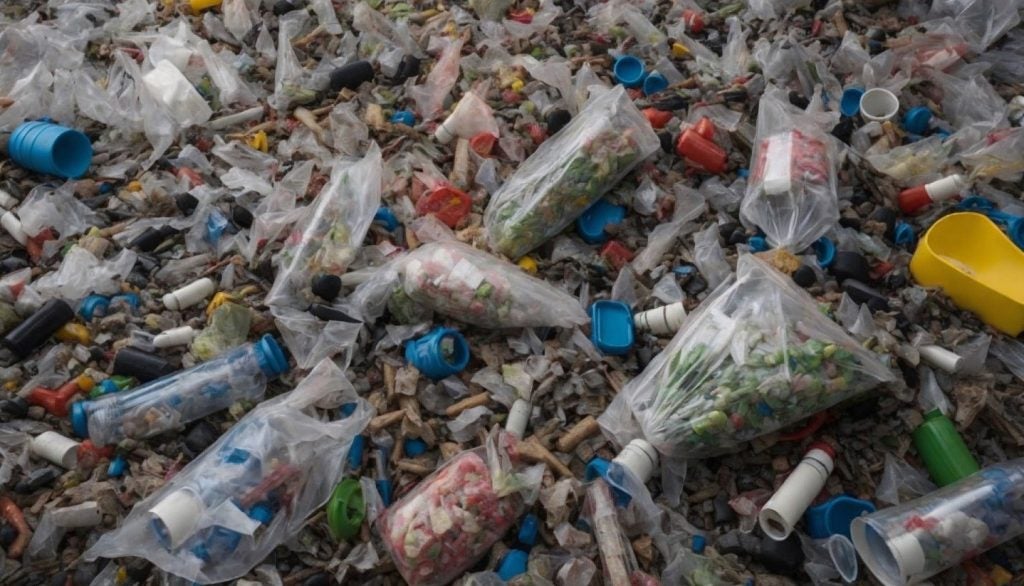
Canada finalises drug labelling regulations
The Government of Canada finalised new plain language labelling regulations, which will make drug labels and packaging information easier to read and understand.
The regulations are aimed at improving the safe use of drugs, and form part of the Plain Language Labelling Initiative.
Once effective, the regulations, which support the government’s Patient Safety priorities under the proposed Bill C-17 (Vanessa’s Law) from Health Canada’s regulatory, transparency and openness framework, will see the introduction of clear labels.
UK consortium to launch CPET tray recycling initiative

A consortium of organisations from the packaging, retail and recycling industries will roll out a trial programme that aims to increase the number of black CPET trays that are recycled.
Led by Marks & Spencer and Sainsbury’s, the consortium also comprises WRAP, Faerch Plast, the Kent Resource Partnership, Biffa Waste Management, Recoup, and Nextek.
How well do you really know your competitors?
Access the most comprehensive Company Profiles on the market, powered by GlobalData. Save hours of research. Gain competitive edge.

Thank you!
Your download email will arrive shortly
Not ready to buy yet? Download a free sample
We are confident about the unique quality of our Company Profiles. However, we want you to make the most beneficial decision for your business, so we offer a free sample that you can download by submitting the below form
By GlobalDataSee Also:
Every year, around 1.3 billion recyclable black trays are used in ready meal packaging in the UK. The black colour is not detectable with near infra red (NIR) optical sorting equipment at plastic sorting facilities, and hence these trays have proved difficult for the recycling industry to process.
Study identifies hazardous chemicals in food packaging
A scientific study by the Food Packaging Forum identified 175 potentially hazardous chemical substances in food packaging in Europe and the US.
Many of the substances have been classified as carcinogenic, mutagenic or reprotoxic. Their use is completely legal under European rules, but manufacturers are asked to voluntarily avoid using them in food packaging.
Chemicals also identified in the study include phthalates that are used as plasticisers, as well as benzophenones and organotin compounds. Other endocrine disruptors are considered to interfere with the hormone system and a third group of chemicals is considered persistent and bioaccumulative.
Tetra Pak completes Brazil packaging plant upgrade

Swedish food packaging and processing company Tetra Pak completed a €65m upgrade of its packaging material plant located in Ponta Grossa, Brazil.
The project aims to meet all domestic and export demands in the region, increasing the plant’s capacity by 70% to 13 billion packs. The Ponta Grossa plant will be able to produce a wide range of packages and sizes, including Tetra Brik Aseptic 1000 Edge, Tetra Gemina Aseptic 1000 and Tetra Top formats.
The upgrade commenced in 2012. According to Tetra Pak, domestic demand for carton packaging in Brazil has been growing at a compound annual growth rate (CAGR) of 5.5% since 2007.
WRAP data shows rise in UK plastic bag use
New data from the Waste & Resources Action Programme (WRAP) showed an increase of 3.2% in single-use thin-gauge bags by UK supermarket customers in the UK, representing 8.3 billion bags in total.
According to WRAP, 8.1 billion bags were used in 2012 and 12.2 billion were used in 2006.
Thin-gauge bags constitute 95% of all bags used by supermarket customers. The participating supermarkets consisted of Asda, the Co-operative Group, Marks & Spencer, Morrison’s, Sainsbury’s, Tesco and Waitrose.
Australia reports fall in smoking after introduction of plain packaging

An Australian survey found that the smoking rate declined in the country following the implementation of a law requiring the sale of cigarettes in plain packaging without branding.
The 2013 National Drugs Strategy Household Survey measured the percentage of Australians aged 14 and older who smoked daily. According to the survey, the smoking rate has fallen from 15.1% in 2010 to 12.8% in 2013.
The Australian government introduced legislation that mandated plain packaging of tobacco products from January 2012, with full implementation from December 2012.
Ardagh collaborates to boost glass recycling

Glass manufacturer Ardagh signed an agreement with United Resource Management division Reuse to initially invest £5m in sorting and separation technology.
The partnership will enable both companies to make more use of the glass that is recycled in homes and businesses throughout Yorkshire and the North of England.
The technology consists of a four-stage process. Medium-sized organic and loose ferrous metals are removed first, followed by a drying section to remove dust and smaller materials.
SIG Combibloc extrusion line begins operations at Brazil plant
Carton packaging and filling machines supplier SIG Combibloc announced that a new extrusion line is operational at its packaging plant in Campo Largo located near the city of Curitiba in Brazil’s Paraná state.
The new line laminates unprocessed cardboard for carton packs on-site. Operation of the new line completes the modular investment and building project at the site.
The building project began in Brazil in 2010, and the packaging plant was put into operation in mid-2011. This second stage of construction has added the extrusion line, which will laminate the unprocessed cardboard with polymers and aluminium on-site in Brazil with immediate effect.









